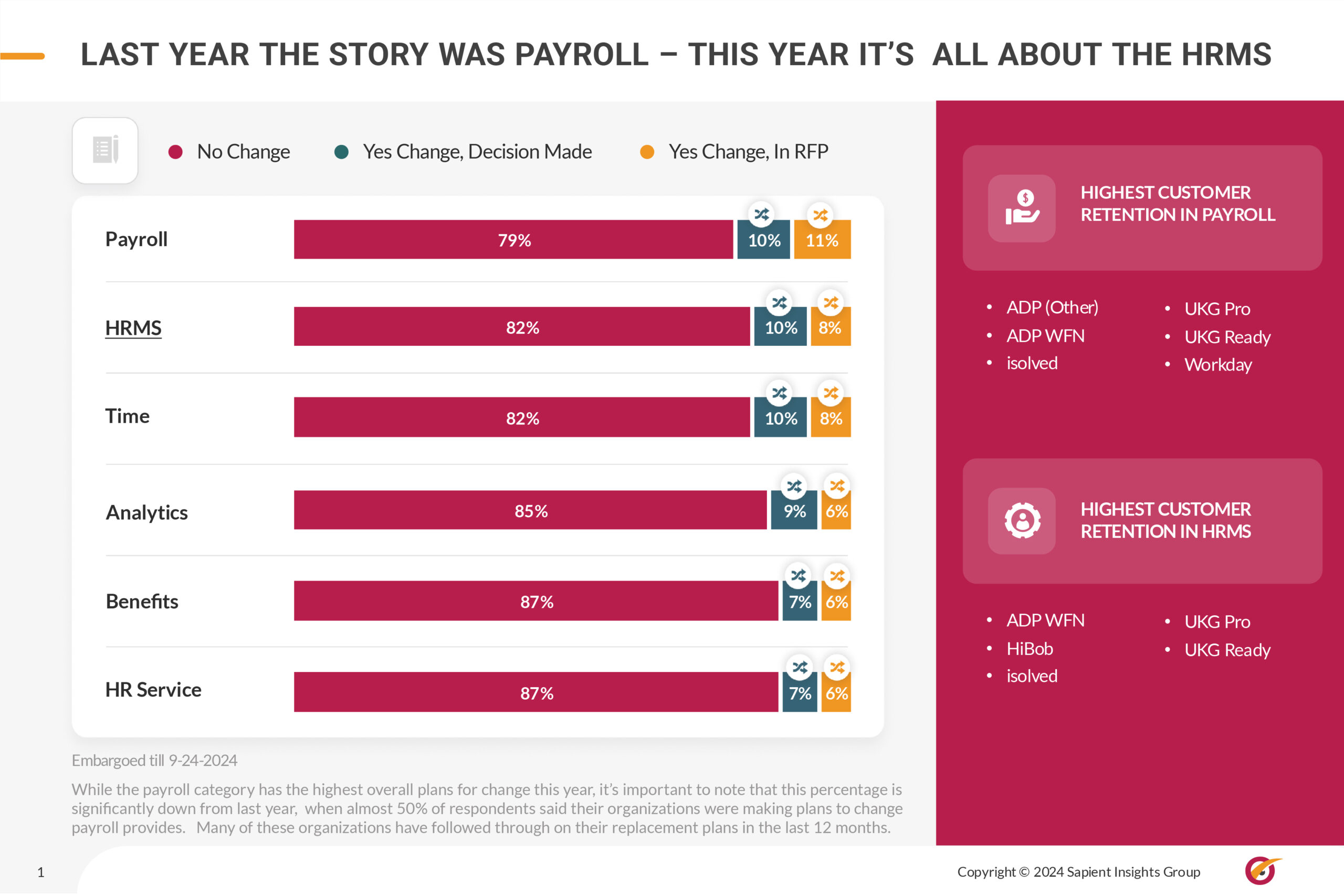Improving mental health through mindfulness practice
- Champa Ha

Employees who take on courses to practice the act of mindfulness are less likely to experience symptoms of mental health issues such as anxiety and depression for at least half a year, in comparison to those who do not.
This was part of the research conducted by the University of Cambridge, where researchers studied participants of group-based and teacher-led mindfulness courses, done in person, and offered in community settings. The results, published in the journal Nature Mental Health, is based off analysed data from 2,371 adults taking part in trials to assess the effectiveness of mindfulness-based programmes (MBP) taken once or twice a week, for one to two and a half hour sessions. The results were then compared them to those that did not take part, through self-reported questionnaires.
The study found that MBPs generated a small to moderate reduction in adults’ psychological distress, with 13% more participants seeing a benefit than those who did not attend any MBP sessions.
READ MORE: Coping with change management plans without burning out
“In our previous work it was still not clear whether these mindfulness courses could promote mental health across different community settings,” said lead researcher, Dr Julieta Galante, who conducted the research while at the University of Cambridge. “This study is the highest quality confirmation so far that the in-person mindfulness courses typically offered in the community do actually work for the average person.”
“We’ve confirmed that if adults choose to do a mindfulness course in person, with a teacher and offered in a group setting, this will, on average, be beneficial in terms of helping to reduce their psychological distress which will improve their mental health.”






